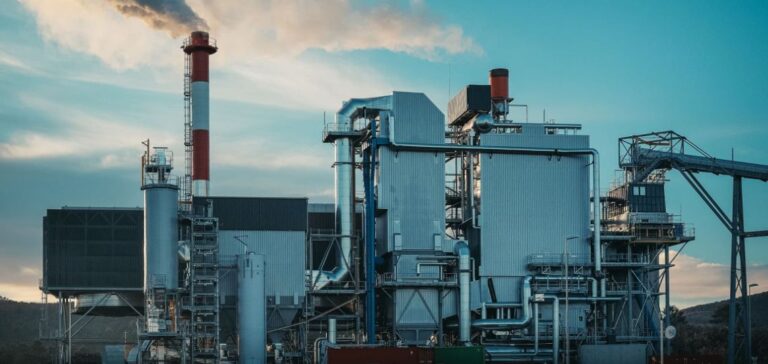Idex, a major player in low-carbon energy, continues its European expansion with a strategic project in Belgium. Partnering with Veolia and in BW, the group announces the construction of a large-scale biomass power plant to supply green heat and electricity to the Université catholique de Louvain (UCLouvain).
Located in Mont-Saint-Guibert, Wallonia, the project represents a total investment of over €80 million. Starting in winter 2027, this facility will annually generate 40 GWh of heat and 55 GWh of electricity, meeting 100% of the energy needs of the Louvain-la-Neuve campus.
A targeted infrastructure for decarbonization
The biomass plant, designed to optimize the use of local resources, will be powered by Grade B wood (end-of-life wood) sourced from local collection points, including recycling centers. This approach will reduce the campus’s carbon footprint while promoting a regional circular economy.
Idex, holding a 75% majority stake in the dedicated GBES company, plans to integrate in BW, a local public actor, as a minority shareholder in 2025. This partnership reinforces the project’s collaborative model while ensuring its long-term viability.
A lever for Idex’s European expansion
In France, Idex has shown strong growth, reporting €2.16 billion in revenue for 2023, a 20% increase compared to the previous year. Building on this success, the group is now diversifying its activities in Belgium. This new biomass plant project expands its portfolio, already active in energy infrastructure for residential buildings.
The goal is clear: to position Idex as a key player in Belgium’s energy transition. Through this initiative, the group demonstrates its ability to adapt to local specificities while exporting its expertise to varied sectors, including district heating networks and low-carbon energy production for industries.
A strategy built on partnerships
To successfully execute its first major energy infrastructure in Belgium, Idex relies on a partnership-driven approach. Collaborating with players such as in BW and Veolia highlights the company’s focus on pooling expertise to ensure the project’s operational and economic efficiency.
Thomas Le Beux, Deputy CEO of Idex, emphasized the strategic significance of this initiative: “This project demonstrates our commitment to delivering decarbonization solutions on an international scale. It also marks a key milestone in deploying our expertise in Belgium.”
With this biomass power plant, Idex strengthens its presence in the European market while cementing its leadership in energy transition. This momentum aligns with a global expansion strategy that prioritizes local partnerships and targeted investments to address current energy challenges.






















